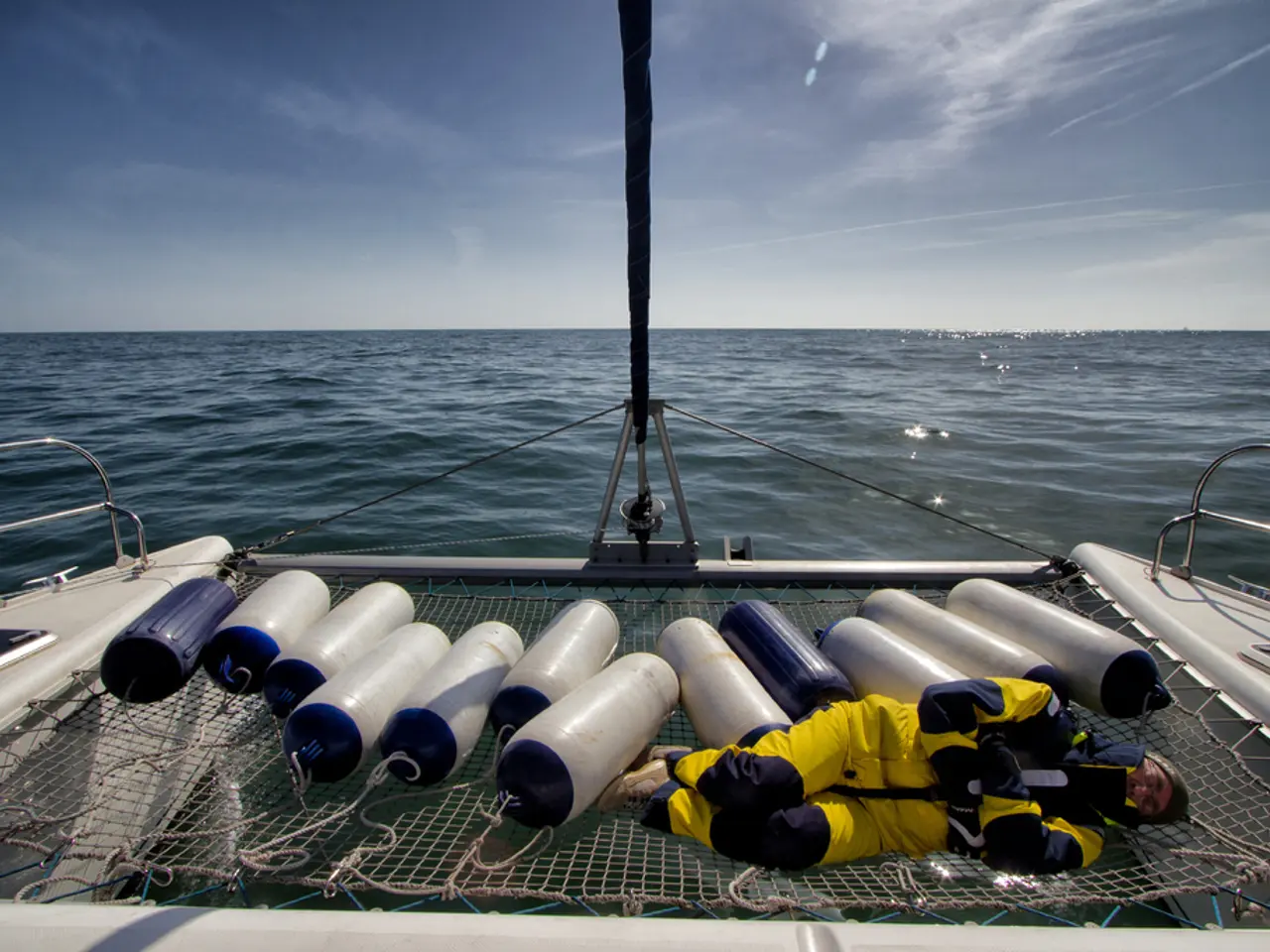Turkey detains 197 individuals in counterfeit degree and driver's license scam
The Turkish authorities have been conducting investigations into a significant case of e-signature fraud and the production of fake diplomas and documents. The operations, which took place in two waves, were carried out across 39 provinces on January 7 and May 23.
The leader of the gang involved in this case is Ziya Kadiroğlu, a doctoral student at Düzce University, who is known as "professor Ziya" among his circle. Kadiroğlu has a history of involvement in similar fraud cases, having previously served a five-year prison sentence for exam-related fraud.
The investigations uncovered several illicit activities. The gang created fake diplomas and other documents by illicitly copying the e-signatures of authorized personnel from various educational institutions and government bodies. The indictments describe the six suspects as "organizers."
The second wave of operations focused on charges including forgery of official documents, violations related to the Measurement, Selection and Placement Center services, unauthorized access to information systems, obstructing or damaging information systems, data destruction or alteration, and violations of the electronic signature law.
Interior Minister Ali Yerlikaya announced that a total of 197 suspects have been apprehended, 37 detained, and 110 placed under judicial control in connection with these operations. The prosecutor initially filed charges against 134 suspects. A second indictment included 65 more, bringing the total to 199 suspects.
The investigations revealed that the electronic certification providers TÜRKTRUST and E-IMZATR used fake driver's licenses and Turkish ID cards to create electronic signatures for officials working in public institutions. The suspects were found to have registered individuals who failed driving tests as successful, even issuing licenses to illiterate people.
Furthermore, the gang collaborated with driving schools in Gaziantep, Adana, Kahramanmaraş, and Osmaniye to improve failing exam scores and portray unsuccessful candidates as successful. The fake driver's licenses and Turkish identity cards were used to apply for and produce e-signatures at branches and offices of these electronic certification providers in several cities.
The Ankara 23rd Criminal Court has merged the cases, and all defendants will appear again before a judge on Sept. 12. The investigations continue against others, and suspects face charges including violations of laws related to the Measurement, Selection and Placement Center, electronic certificate fraud, obstruction and destruction of information systems, unlawful data access, and more.
- The university where the leader of the fraud gang, Ziya Kadiroğlu, is a doctoral student is located in Ankara.
- The gang's activities extended beyond education, with alleged crimes related to forgery of official documents and violations in the field of politics and general-news.
- The e-signature forgery case unveiled collaborations between the fraud gang and institutions in multiple cities, including Istanbul, Gaziantep, Adana, Kahramanmaraş, and Osmaniye, indicating a broader scope of illegal activities in the environment of education and law enforcement.








